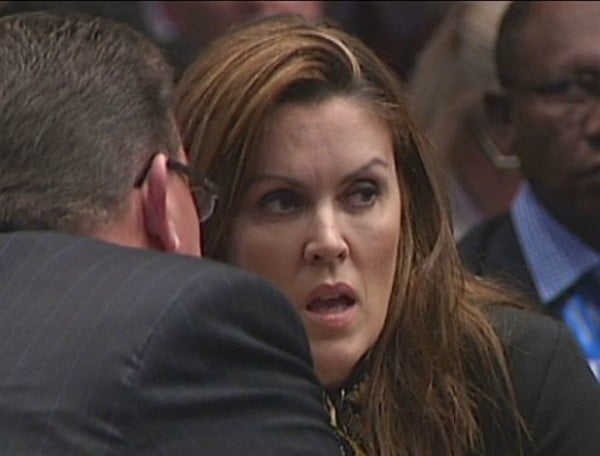
By Barrie Cassidy.
To dismiss Niki Savva’s book, The Road to Ruin, as scuttlebutt or to just focus on rumours that Tony Abbott and Peta Credlin had an affair is an insult to all those involved who spoke up about the real issue – the abuse of power. Barrie Cassidy writes.
The two elected prime ministers who fell the fastest were Kevin Rudd and Tony Abbott. Neither survived a first term, cut down by their own.
Why do you think that happened? What was the common thread?
The answer is straightforward.
They gave extraordinary and dangerous authority to their staff. On top of that, in the case of Abbott – as forensically and convincingly told by Niki Savva in her book, The Road to Ruin – the key staffer, the chief of staff, Peta Credlin, used that “outsourced power” ruthlessly and indiscriminately, subjecting ministers and staff “to regular tirades, replete with vile language”.

